Historically, Cala Ratjada has also played a very important part in the Mallorcan economy. This part of the island is the nearest point to the neighbouring island of Menorca, and on a clear day it is possible to see the former Menorcan capital of Ciutadella from the port area. Cape Balear also run a daily hydrofoil service from Cala Ratjada over to Ciutadella.
Despite being a well established resort, with a selection of over 40
hotels with a reported capacity of almost 12,000 beds to choose from,
until a couple of years ago Cala Ratjada still remained virtually
“undiscovered” by the British tourist. Even today the larger UK Tour
Operators are only just including it in their Summer Sun offerings.
Also, quite rare for Mallorca, Cala Ratjada is very popular with
French visitors, but it is without a doubt, the German tourist who far
outnumber the rest.
Locality:
Cala Ratjada is located in the NE part of the island, 40 mls NE of
the island’s capital, Palma, and its international airport. It is
situated on a small peninsula, bounded by pine forest on 3 sides. Near
the foothills of the San Jaumell and S’Aguila mountains.Cala Ratjada is a resort that is overwhelmingly popular with German tourists, with a lot of British and some French aswell. Frequented by families and groups of young singles, the resort is one of those rare destinations that seems to suit both equally, with entertainment day and night.
The atmosphere changes dramatically in winter, when it becomes popular
with the older generation seeking winter sunshine. The accommodation is
generally modern, 3- and 4-star hotels, around 40 in total. Some 1- and
2-star choices, and a handful of aparthotels. Several varieties of
beaches are present in the area with options of coarse, pale golden
sand, often covered in pine needles. The main town beach, Son Moll, is a
short stretch of sand backed by a busy promenade. It gets very crowded
and noisy, and shelves steeply. Cala Gat, just 50 yds long and 25 yds
wide, is fringed by pine trees and rocks; steps lead down to a concrete
terrace with a small cafe and music. Its clear waters become rocky very
quickly and shelve steeply. Round the peninsula is Cala Agulla, a narrow
½-ml swathe backed by pine woods and dunes; it has 4 small cafes/snack
bars, plus sun loungers and parasols. The beach shelves gently over
large rocky areas.
Shopping in Cala Ratjada provides wall-to-wall tourist shops although it
is more of a day-time diversion rather than a serious shopping
opportunity. There are plenty of outlets selling supplies from food to
suntan lotion. Basketry and palm-weaving are local traditions. There is a
weekly Saturday market at Plaça del Pins. General activities in the
area tend to include mainly beach activities, strolling along the
promenade. Horse riding, Tennis, Golf, Hiking (high hills with views).
The tourist office has a programme of events and activities.
By night there area an overwhelming choice of bars, discos and beer
gardens catering to a large number of groups of drinking singles who
often don’t go home until breakfast time. Some venues are sophisticated,
some charge an entrance fee and almost all have outdoor terraces.
Cocktail bars along the water’s edge. Local dancing. Occasional
classical concerts in the parish church. Popular excursions include a
trip to the Capdepera (medieval castle), Es Claper des Gegants
prehistoric settlement (full day), cave exploring, March Gardens (a
parkland with 60 sculptures) including some by Henry Moore and Auguste
Rodin. Tourist office arranges a programme of activities.

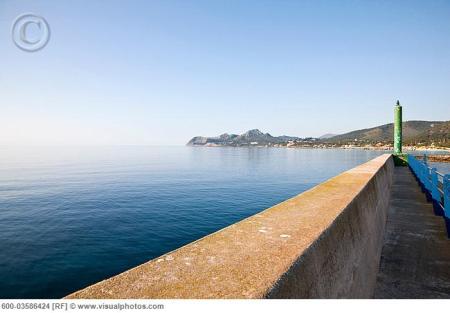
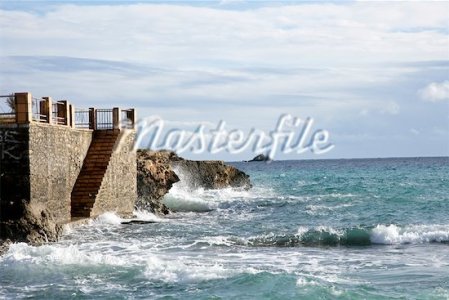
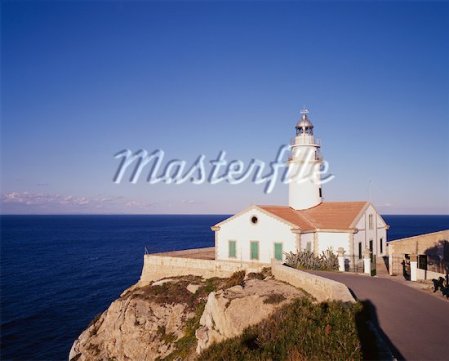
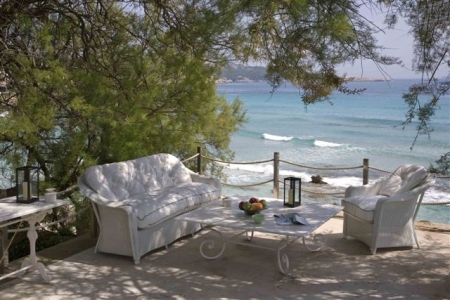
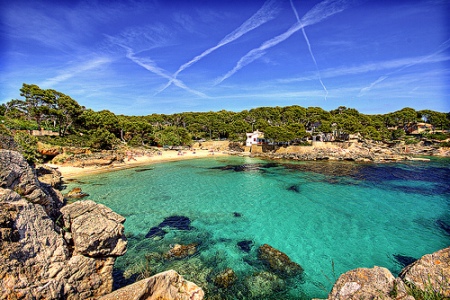



0 comments:
Đăng nhận xét